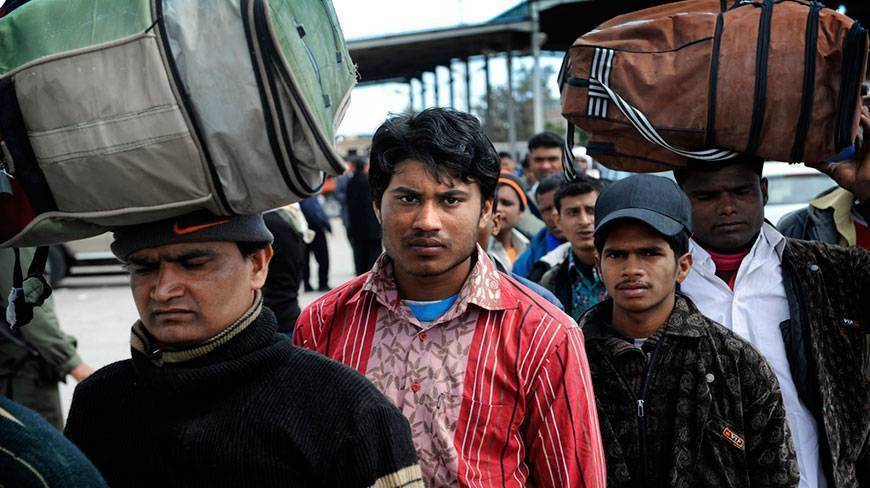With the FIFA World Cup approaching, Qatar is seeking to hire 300,000 more workers from Bangladesh within the next three years. Overpopulation, environmental degradation, widespread poverty, and underemployment are all motivating factors for the high numbers of mostly male migrants who leave Bangladesh to look for employment abroad. Qatar reportedly plans to hire Bangladeshi nationals for work in all sectors, “such as business, health, engineering, and education and information technology.” The overseas employment minister for Bangladesh has also announced that there will be a joint meeting in Dhaka to discuss the migration costs and future wages of Bangladeshi workers. Bangladeshi officials have proposed raising the minimum wage for the migrant workers by almost double.
The Qatari government previously promised reforms to protect laborers in May 2014, but since then no substantial reforms have been instituted. A new labor law passed in October allowed workers to change jobs, but only after termination of their labor contract. Employees with open-ended contracts can only switch jobs after having served five years. As it stands, employers can still exploit the kafala sponsorship system to withhold worker’s wages and confiscate their passports, restricting their movements. With the migrant laborer population in Qatar expected to reach 2.5 million by 2020, it remains to be seen if increased demand for foreign workers will result in improved rights protections and living conditions for these laborers in the long term.
Margaret Bailey is an Advocacy Intern at ADHRB.





